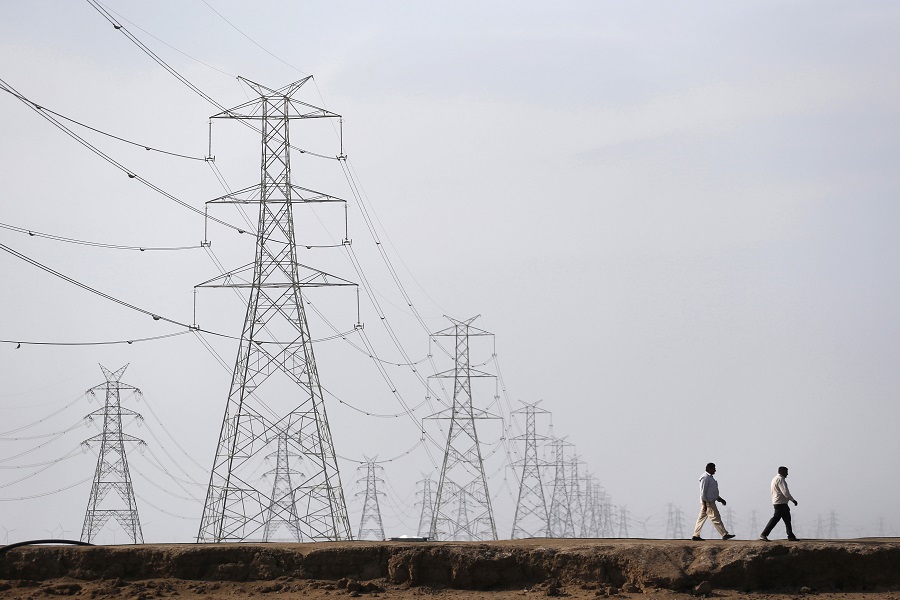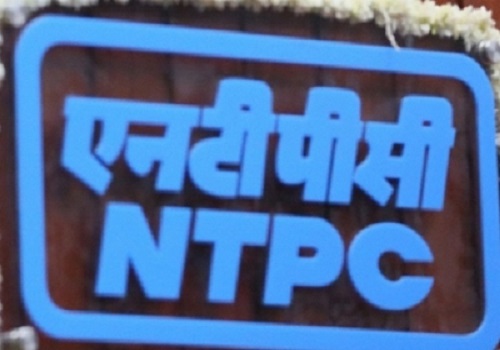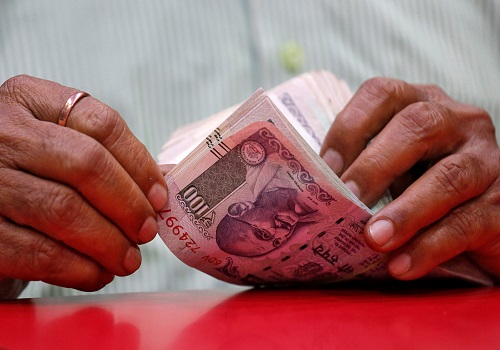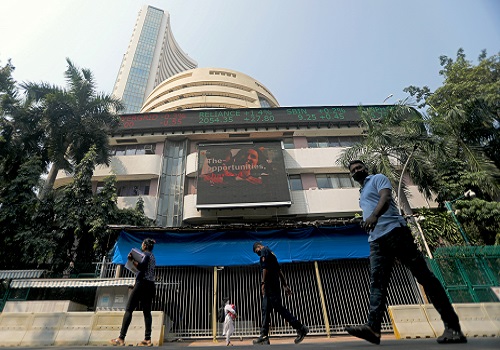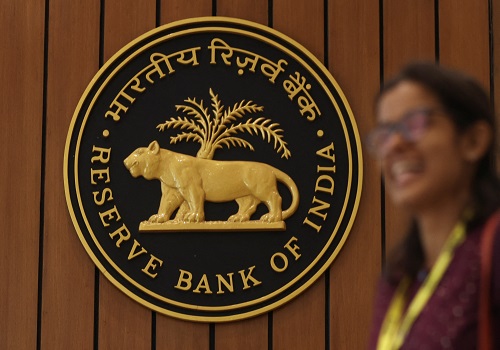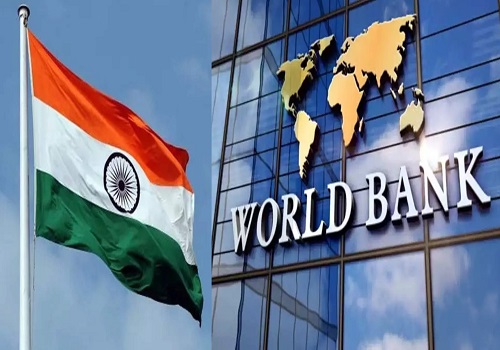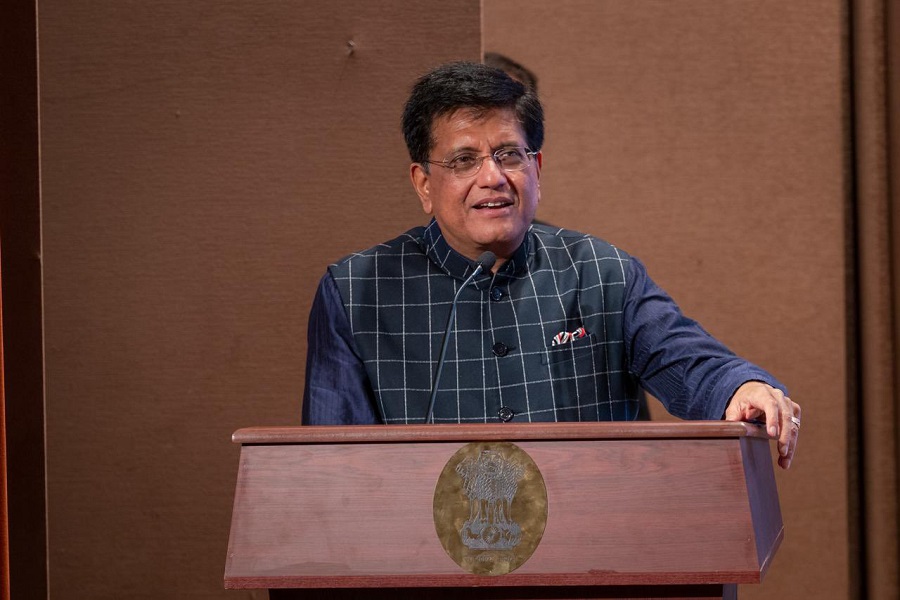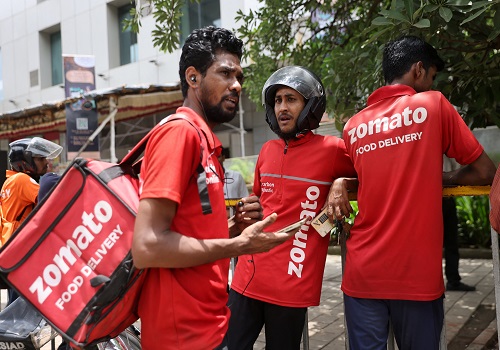RBI keeps repo rate unchanged at 6.5% for 11th time in row; cuts CRR by 50 bps to 4%
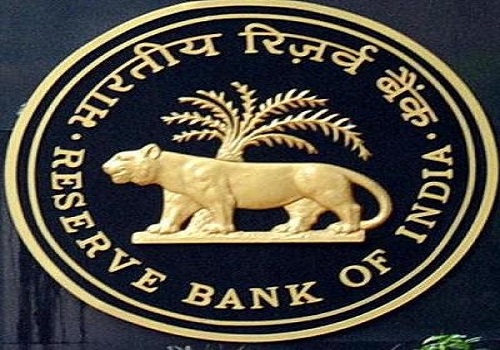
The Reserve Bank of India’s (RBI) Monetary Policy Committee (MPC) has decided to Keep the policy repo rate under the liquidity adjustment facility (LAF) unchanged at 6.50 per cent. Consequently, the standing deposit facility (SDF) rate remains unchanged at 6.25 per cent and the marginal standing facility (MSF) rate and the Bank Rate at 6.75 per cent. The MPC also decided to continue with the neutral monetary policy stance and to remain unambiguously focused on a durable alignment of inflation with the target, while supporting growth. These decisions are in consonance with the objective of achieving the medium-term target for consumer price index (CPI) inflation of 4 per cent within a band of +/- 2 per cent, while supporting growth.
On the inflation front, the MPC raised CPI inflation target to 4.8 per cent for current fiscal year (FY25) from the previous projection of 4.5 per cent. Accordingly, CPI inflation for Q3 estimated at 5.7 per cent; and Q4 at 4.5 per cent. CPI inflation for Q1:2025-26 is projected at 4.6 per cent; and Q2 at 4.0 per cent. It highlighted that headline CPI inflation surged above the upper tolerance level to 6.2 per cent in October from 5.5 per cent in September and sub-4.0 per cent prints in July-August, propelled by a sharp pick-up in food inflation and an uptick in core (CPI excluding food and fuel) inflation. Going forward, food inflation is likely to soften in Q4 with seasonal easing of vegetables prices and kharif harvest arrivals; and good soil moisture conditions along with comfortable reservoir levels auguring well for rabi production. Adverse weather events and rise in international agricultural commodity prices, however, pose upside risks to food inflation. Even though energy prices have softened in the recent past, its sustenance needs to be monitored.
On the economic growth front, the RBI sharply cut the real gross domestic product (GDP) growth projection to 6.6 per cent from the earlier level of 7.2 per cent for FY25. Accordingly, Q3 growth estimate stood at 6.8 per cent; and Q4 at 7.2 per cent. Real GDP growth for Q1:2025-26 is projected at 6.9 per cent; and Q2 at 7.3 per cent. It noted real GDP registered a lower-than-expected growth of 5.4 per cent in Q2:2024-25 as private consumption and investment decelerated even while government spending recovered from a contraction in the previous quarter. On the supply side, the growth in gross value added (GVA) during Q2 was aided by resilient services and improving agriculture sector, but weakness in industrial activity - manufacturing, electricity and mining -tempered overall growth.
In a bid to make available more money with banks for lending so as to boost economic activity, the RBI slashed Cash Reserve Ratio (CRR) by 50 bps to 4 per cent from existing 4.5 per cent. This would lead to release of Rs 1.16 lakh crore to banks and improve their lending capacity. The CRR is the percentage of a bank’s total deposits that it is required to maintain in liquid cash with the RBI. The CRR percentage is determined by the RBI from time to time. Banks do not get any interest on this amount.
Moreover, the RBI has hiked the interest rate caps on the diaspora’s foreign currency deposits, in a move aimed at attracting more capital flows amid pressures on the rupee. Banks have been now permitted to raise fresh FCNR (B) deposits of 1 year to less than 3 years maturity at rates not exceeding Overnight Alternative Reference Rate (ARR) plus 400 basis points, as against 250 basis points earlier. Similarly, deposits with maturity between 3 to 5 years can be paid an interest of ARR plus 500 basis points, as against the 350 basis points ceiling earlier. Meanwhile, the central bank has enhanced the collateral-free agriculture loans limit to Rs 2 lakh per borrower from the existing Rs 1.6 lakh in view of inflation and rise in farm input costs.
